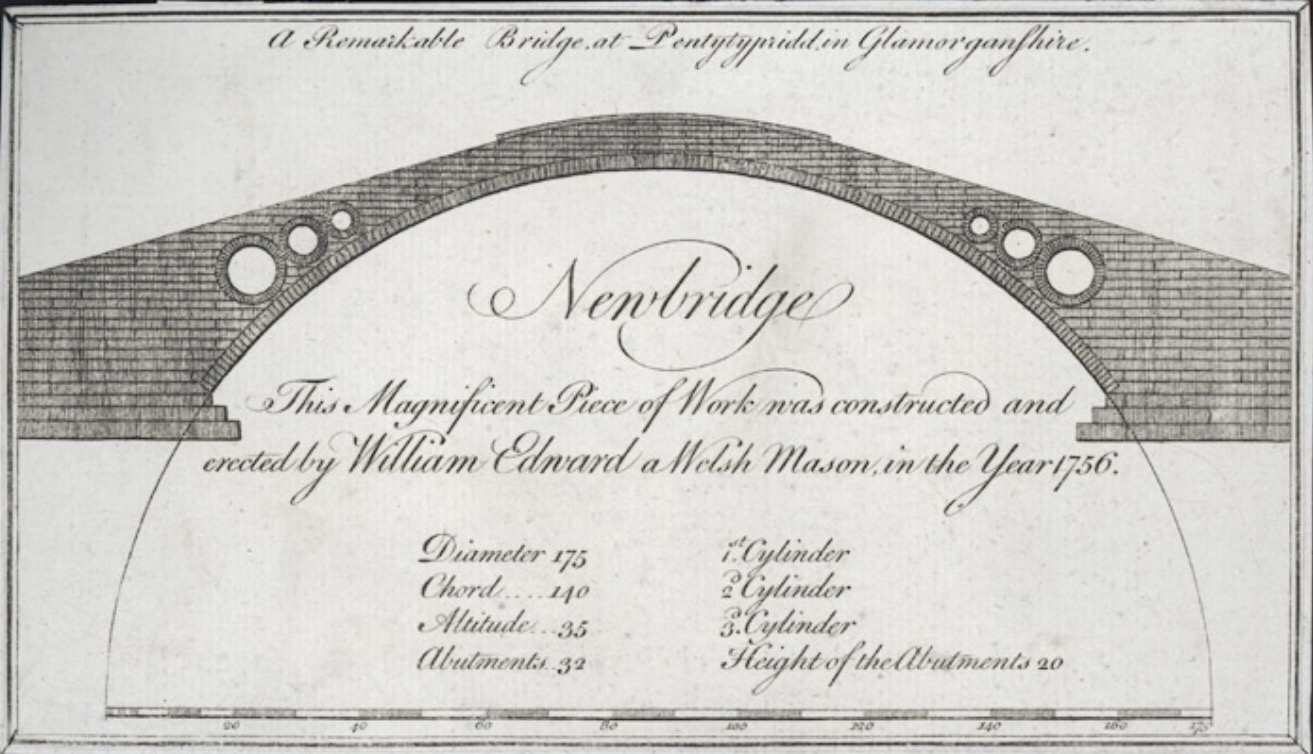 A straightforward answer, good practice is a bad traveller, because that’s the way we like it.
A straightforward answer, good practice is a bad traveller, because that’s the way we like it.
I’ve sat in a few conferences where there has been quite a lot of ‘hand wringing’ from the stage, about why this is such a difficult pastime. We all know that sharing knowledge and good practice is the right thing to do, but there’s just not enough of it happening. The “bad traveler” suggestion is posed by these clever people as a bit of an excuse, hinting at something that is slightly beyond our reach.
Well, I’m not convinced. The model of good practice transfer I understand is based upon three straightforward parts:
Sharing: you need a source of good practice knowledge that people are willing to share.
Seeking: people who are looking for good practice, are prepared to listen and accept what is useful to them.
Process: simple mechanisms that allow the two groups to communicate.
Here are my top six suggestions for why good practice isn’t travelling and is failing to progress beyond passport control:
Seeking
- Ignorance – people genuinely don’t know what to do. In a world of Google and Wikipedia I think this is nonsense. I’d change ignorance to ‘willful ignorance’;
- Hubris – “what can anyone possibly teach me?” Defined as an overconfident pride and arrogance. Hubris is often associated with a lack of humility and a lack of knowledge…..; and
- Not Invented Here Syndrome – a bit like hubris. The view that nobody else would be clever enough to understand what you are doing or the “special” nature of your organisation or service;
Sharing
- Knowledge is Power – “if I share what I know, you will be as clever and as powerful as I am”, often seen with subject matter experts. I understand the need to protect intellectual property, but if knowledge is so closely guarded that very few people know, it gets self-limiting.
- Turf and Territory – a bit like knowledge is power. For some people, what they ‘own’ defines their power base and who they are. Giving up territory and turf is difficult.
Process
- Ineffective Transfer Mechanisms – with so many organisations, professional bodies and amateur enthusiasts working hard to spread good practice, I’d argue that this isn’t a valid reason. If you want the information, it’s pretty much available somewhere.
This list has re-enforced for me the idea that knowledge transfer is a deeply social process. Almost everything I’ve listed is a human activity and I’d argue that the situation of ‘good practice being a bad traveller’ is a wholly social issue. At the end of the day, if people don’t want share and learn, it will never work effectively. As Dave Snowden says in his principles of knowledge exchange, “knowledge can only be volunteered it cannot be conscripted”. As we haven’t yet built a machine that successfully sucks the knowledge out of people’s heads, we need to acknowledge the social interaction element and get much better at it. Better we recognise this and direct our efforts here, rather than into ‘enabling’ IT systems.
For possible solutions, I’m only going to say one word (for the moment), trust. People are more likely to share information with someone they trust. It’s the reason why medieval torture machines (and computer databases) don’t really work. Better to have a chat together over a cup of tea (or glass of beer), and then I’ll tell you what you really need to know.
 Eskimos in the Sahara Desert. Following a thought-provoking comment (see below) from Matt at Complex Care Wales I wanted to add something to this post.
Eskimos in the Sahara Desert. Following a thought-provoking comment (see below) from Matt at Complex Care Wales I wanted to add something to this post.
Matt makes the point that we are better off trying to develop good practice that fits our own specific context, rather than import good practice that has worked elsewhere. I agree.
He uses the very helpful analogy of ” “good practice doesn’t travel well, just like an Eskimo in the Sahara”. The Eskimo ‘good practice’ way of travelling long distances around a desert (of snow and ice) is of little use for travelling in the Sahara (a desert of sand and heat). The ‘best practice database on desert travel’ many not have recognised this).
I’ve talked about this in other posts: ‘Is Best Practice the Enemy of Innovation‘, and the ‘Buzzword Bingo, Best/Good Practice Glossary’. Ultimately the transfer of good practice / knowledge exchange is a social process that is built upon trust. The choice of it being a ‘bad traveller’ ultimately rests with us.
So what’s the PONT?
- Good practice knowledge exchange is fundamentally a social process. IT solutions are a diversion away from the critical issue.
- Knowledge can only be volunteered and never conscripted (Dave Snowden). If I trust you I will share.
- Good practice is only a bad traveller because we choose through our social processes to make it one.
If you fancy finding out a bit more about the social aspects of knowledge exchange and some of the incredible things that can be achieved have a look at http://www.thenewsociallearning.com/ and read the book ‘The New Social Learning’, it opened my eyes!
Linked post: On why low trust in an organisation costs you money.
https://whatsthepont.wordpress.com/2011/10/03/low-trust-costs-you-money/
Cartoon Source: http://www.toonpool.com

Leave a comment